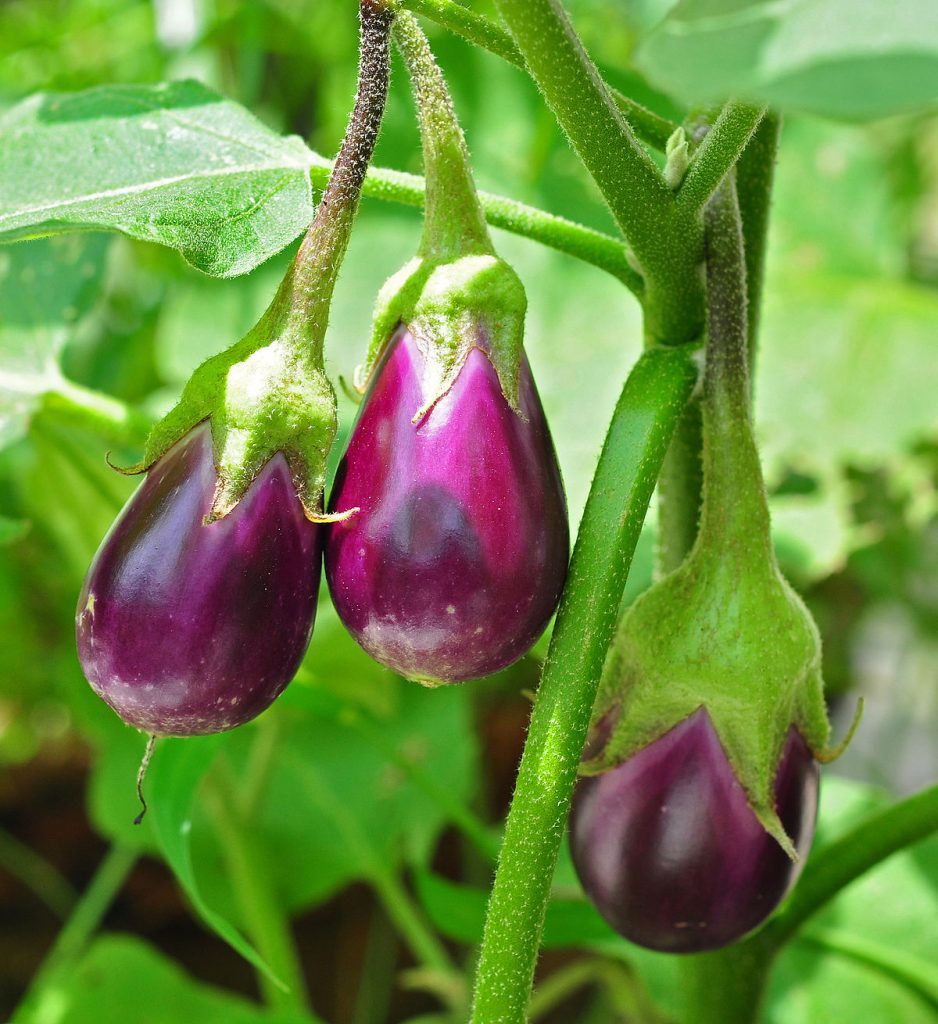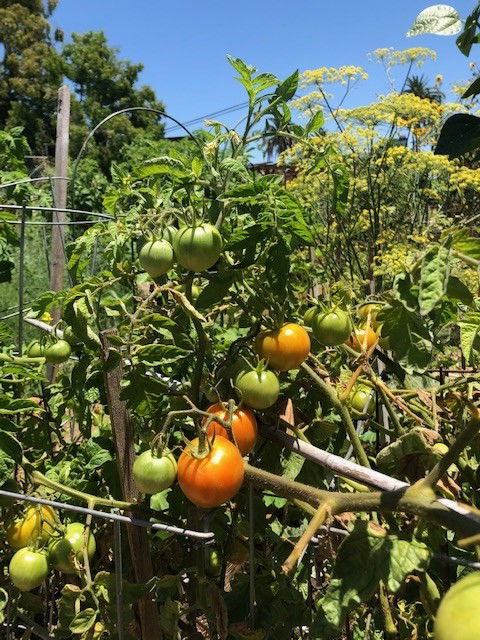LBO Rules: Be a Good Neighbor
Every community needs rules and regulations to help maintain harmony. And Long Beach Organic community gardens are no exception.
If you’re renting a plot in one of LBO’s seven community gardens, it’s your responsibility to know the Garden Rules, which are designed to help gardeners grow fresh, healthy food in a thriving garden, create a sense of community, and help the gardens be good neighbors. When you sign the rental agreement, you agree to comply with these rules.
The most important rule: Gardeners must garden organically. Fertilizers, pesticides, herbicides, or repellents not labelled organic are prohibited.
 Plants in the nightshade family, such as tomatoes, eggplant, and potatoes, must be removed from gardens by Dec. 1 and can’t be put in the compost pile.
Plants in the nightshade family, such as tomatoes, eggplant, and potatoes, must be removed from gardens by Dec. 1 and can’t be put in the compost pile.
Another important requirement: Every gardener must complete 10 hours of community service per six-month season. Each garden holds a monthly work party, usually scheduled on a Saturday, where gardeners work together to weed, spread mulch, maintain the compost pile, and work on projects.
Every garden has a compost pile. Weeds and dead produce from your plot can be placed there, and after decomposition, the compost can be used to help amend soil.
One important exception is plants in the nightshade family, such as tomatoes, eggplants, peppers, and potatoes. To avoid the spread of disease, any parts of those plants must be bagged and disposed of outside the garden. In addition, all nightshades must be removed from plots by Dec. 1 and can’t be replanted until March 1.
LBO gardens are open from dawn to dusk year-round and accessible via a combination lock on the gate. Be sure to lock the gate when entering and leaving, and don’t share the combination with anyone.
Gardeners may only garden in their assigned plots and are responsible for maintaining their plots and trimming vegetation that extends beyond the plot boundaries. Fruits, vegetables, and flowers can be planted, but not trees.
 Tomatoes must also be removed by Dec. 1.Nothing can be planted in common areas without permission nor can plot boundaries be altered. Trellises and fencing can be erected, providing it’s not over 6 feet high and doesn’t block midday sun from neighboring plots.
Tomatoes must also be removed by Dec. 1.Nothing can be planted in common areas without permission nor can plot boundaries be altered. Trellises and fencing can be erected, providing it’s not over 6 feet high and doesn’t block midday sun from neighboring plots.
LBO does provide mulch, compost, water, and garden hoses, but gardeners are responsible for seeds, plants, fertilizer, and planning and watering plots. Be sure not to overwater plots or leave hoses running or dripping, since higher water usage could lead to higher plot rental fees.
Tools for use by all gardeners are kept in locked storage sheds and can’t be taken out of the garden. You can bring additional tools if you need them, but they must be stored in your plot. Gasoline- and electric-powered tools can only be used with permission.
If you’ll be out of town for a few days, be sure to make arrangements for someone to care for your plot. Let the garden director know if you’ll be gone for more than two weeks. Failing to care for your plot for more than 30 days is viewed as abandonment, and will result in a correction notice, and if not corrected, termination of the agreement.
Children under 16 must be supervised and dogs must stay out of others’ garden plots and be on a leash at all times. Entering another gardener’s plot, using their tools, and harvesting their produce is prohibited without their permission. Firearms, fires, smoking and vaping, alcohol and illegal drugs, and loud music are prohibited.
Garden Director Joe Corso and the Board of Directors normally share updates via email, so make sure LBO has your current contact information. You can also connect with LBO on Facebook.
Read more: Garden-Rules.pdf